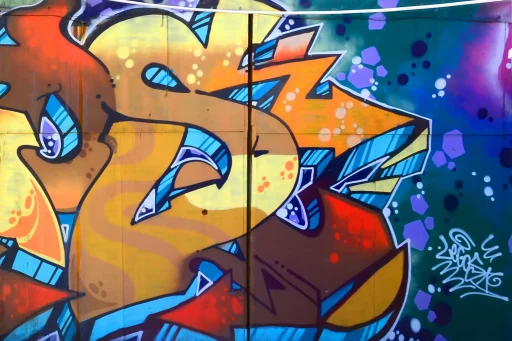Introduction to Toad in Slang
The term “toad” has evolved in contemporary slang, shedding its original identity as a name for an amphibian. In the realms of youth culture and digital communication, it has morphed into a term with various meanings, often associated with specific contexts or characteristics. This article aims to dissect the modern usage of the term “toad,” exploring its definitions, applications, and the cultural nuances that have shaped its current interpretations.
Defining Toad in Slang
At its core, the slang term “toad” can denote more than just the creature. Here are some of the primary meanings found in various contexts:
- An Unattractive Person: Often used to describe someone who is perceived as physically unappealing.
- A Swindler or Fraud: In some circles, particularly in gambling or card-playing, a “toad” may refer to someone who cheats.
- A Boring Person: The term can also imply an individual who is dull or lacking excitement.
- Someone Who Is Overly Serious: Sometimes, a “toad” refers to individuals who are perceived as humorless or overly serious.
Origins of the Phrase
The slang use of “toad” likely stems from the unflattering physical characteristics commonly associated with actual toads—warty skin, bulging eyes, and a generally unappealing appearance. This linguistic evolution is typical in slang, where terms often adopt hyperbolic connotations based on shared cultural references.
Case Studies: Usage in Popular Culture
Understanding how “toad” is utilized in popular culture can shed light on its social implications. Here are a few notable instances:
- Social Media: In platforms like Twitter and TikTok, users may refer to someone as a “toad” when they post unflattering pictures or comments about their appearance or behavior.
- TV Shows and Movies: In some comedic contexts, characters may use the term to critique each other, often in a lighthearted way, making it clear the term does not always carry a serious insult.
- Gaming Communities: Gamers may use the term in a tongue-in-cheek manner when referring to opponents they find easy to defeat, emphasizing a perceived lack of skill.
Statistics on Slang Usage
While empirical data for slang terms is often hard to come by, some surveys and studies give insights into the usage frequency and demographics associated with slang terms:
- According to a 2022 survey by the Pew Research Center, over 70% of Gen Z respondents reported using slang regularly in digital communication.
- A 2021 study from the Oxford English Dictionary found that terms like “toad” can see a usage spike of 120% in youth cultures, particularly surrounding memes and social commentary.
- In linguistic studies on slang evolution, researchers noted that terms like “toad” often persist in language due to their vivid imagery and the humor they can evoke.
Examples in Everyday Conversation
To illustrate the various uses of “toad,” here are some examples of how one might encounter the term in conversation:
- Example 1: “Did you see Mark’s date? She’s kind of a toad, right?” (Used to describe unattractiveness)
- Example 2: “Don’t be such a toad about this party; lighten up and have fun!” (Used to refer to someone being boring)
- Example 3: “James is such a toad when he plays poker; he always tries to pull a fast one!” (Reference to cheating)
The Future of the Term
The ongoing evolution of language, particularly in slang, suggests that the term “toad” may continue to adapt over time. As new generations emerge and cultural contexts shift, this term—or its replacements—will likely find new life in contemporary vernacular.
Final Thoughts
In conclusion, while the term “toad” might bring to mind images of an amphibian, its modern slang usage embodies a variety of social nuances. Understanding these meanings and their origin can enhance our comprehension of youth culture and the dynamic nature of language. Whether used humorously or derogatorily, slang terms like “toad” illustrate the richness of human communication.


